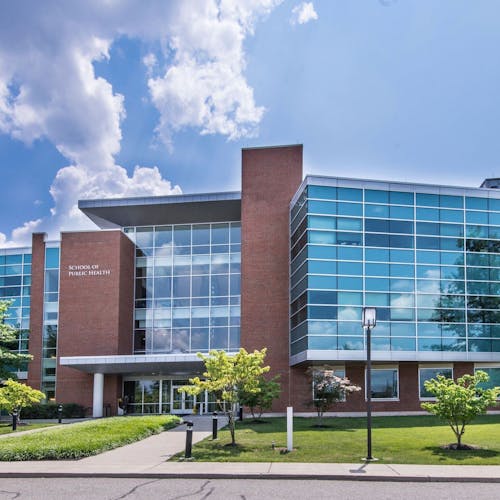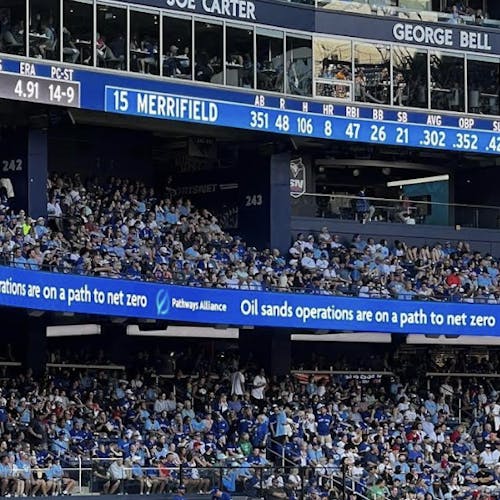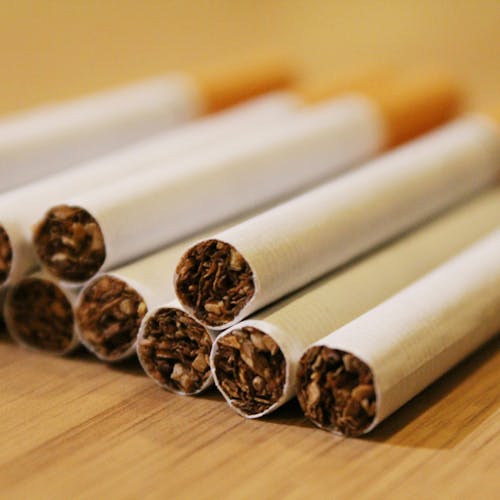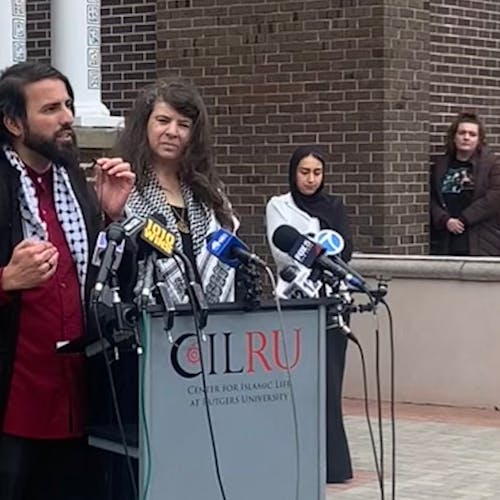Christie victory reflects voters' push for change
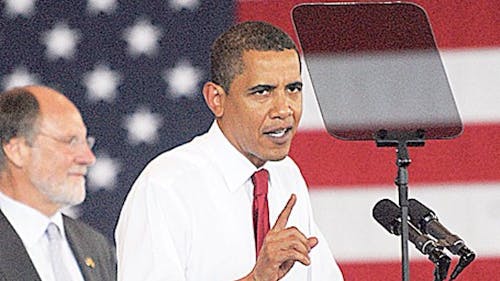
As New Jersey and Virginia voters elected Republican Governors-elect Chris Christie and Bob McDonnell last week, several media sources have said the elections could be a public referendum on President Barack Obama's popularity.
With the United States entrenched in two wars, the worst economic recession since the Great Depression and a health care overhaul, many voters feel the Obama administration is not upholding its campaign promises, and this may have been reflected in the election of Republican governors in two states Obama had won in 2008.
According to Rasmussen Reports, an independent polling firm, Obama's approval index fell this month below 50 percent for the first time since July.
But many New Jersey voters did not feel the election of Christie was a sign of waning Obama support.
The New Jersey election was about incumbent Gov. Jon S. Corzine and the state's poor economy, not Obama, said Eagleton Institute of Politics Associate Director John Weingart.
"I believe there were few — if any — voters who voted for Christie because they didn't like President Obama," Weingart said. "They voted for Christie because they didn't like the Corzine administration, and they hoped that a change would be an improvement."
Meir Goldberg, a rabbi with the Rutgers Jewish Xperience on campus, said he voted for Sen. John McCain, R-Ariz., in 2008, and last week, he voted for Christie.
"Christie seemed to be more fiscally responsible," said Goldberg, who typically votes Republican but does not affiliate with the party.
Despite not voting for Obama last year, Goldberg said he thinks Obama's association with Corzine did not hurt him. The loss was all his own.
"The perception was that people didn't like what was going on with the economy — they wanted change, the same way they voted in Obama for change," said Goldberg, who also said it is too early to determine the efficacy of the new president.
The rallies held throughout the state for Corzine with prominent, national Democratic leaders such as Obama, Vice President Joe Biden and former President Bill Clinton did help Corzine, Weingart said.
"I think it probably did boost Corzine somewhat," he said. "My guess is he would've lost by more without the association of those more popular Democrats."
Elizabeth Matto, director of Eagleton's Youth Political Participation Program, said the rallies most likely did not have a negative effect.
"These isolated events at which you have high-profile Democrats reaching out to students are important and make an impact, but these are isolated events," Matto said. "This is a campaign that went on for a long time."
Corzine had the financial ability to come out on top but did not connect with voters, Weingart said. He did not participate in the local government or campaign door-to-door, hurting him in the election.
The incumbent also did not have control over the economy, he said.
When Corzine became a senator in 2000 and governor in 2005, his past work at Goldman Sachs gave voters confidence he could understand and address the state's fiscal situation, Weingart said. This year, it was not considered an asset.
"It's very hard to run as an incumbent in bad economic times," he said.
Weingart said all of these factors contributed to Corzine's inability to get re-elected, not Obama's presidency.
Several polls before the election and exit polls after show Obama as popular as when he was elected last year, he said.
According to Rasmussen Reports, 37.8 percent of all Americans, not just likely voters, identified in October as Democrats. About 32 percent affiliate with the Republican Party.
If the election was held on a presidential year — when voter turnout is greatest — Corzine may have won, Weingart said. New Jersey has many Democratic voters, and a presidential election year would have brought out more voters in Corzine's favor.
Matto said the 2008 election also saw a surge of young voter interest.
This year, she said there was a lot of interest again, but not as much as last year.
"It didn't seem as energized as last year … [but] I was still really pleased with how interested students were," Matto said.
She said it was clear that younger voters are leaning toward the Democratic Party, but they did not come to the polls like last year.
Last election, 658,000 Americans under 30 voted in New Jersey, according to Rasmussen Reports exit polls. In November 2009, 212,000 Americans under 30 voted.
Young, New Jersey voters cast 441,000 votes for Obama in 2008, but only 121,000 for Corzine, according to the exit polls.
School of Engineering senior Fahad Quraishi said he voted for Obama in 2008 but did not vote at all last week.
"I just don't think [the candidates] stood for what I believed. I just felt like it was a waste," he said.
Obama's presidency did not have an effect on his decision not to vote, he said.
In the past, candidates also heavily reached out to the youth vote, but not as much in this race, Matto said. While there were many rallies with high-profile politicians, the messages did not necessarily cater to them.
Younger voters — like older ones — care about the economy and jobs, but the candidates did not address how it would affect them, Matto said.
"I'm not so sure the candidates for governor spoke about [issues] in terms that were meaningful for young people, when they certainly could have," she said.
Graduating seniors were concerned about finding their first jobs, searching for houses and paying off loans, Matto said.
"The biggest thing that people talked about in New Jersey were property taxes or just taxes in general, which honestly, students don't really know or don't care much about," said President of the Roosevelt Institute Lonnie Affrime.
Affrime — who voted for both Corzine and Obama — said he sees no connection between the Virginia and New Jersey elections and Obama's presidency.
He said it is mostly the media who created this story.
"It was people reacting to the governor and what's happening in our state. It has nothing to do with how people feel about Obama [and] it has nothing to do with how people feel about the Democrats," said Affrime, a School of Arts and Sciences senior.
He said the Virginia result does not reveal a connection to Obama either.
"You can't turn a historically red state into a blue state because [Democrats] won one election," Affrime said.
